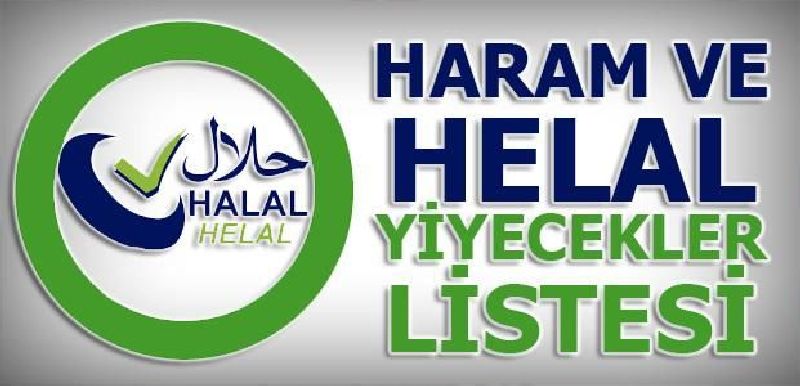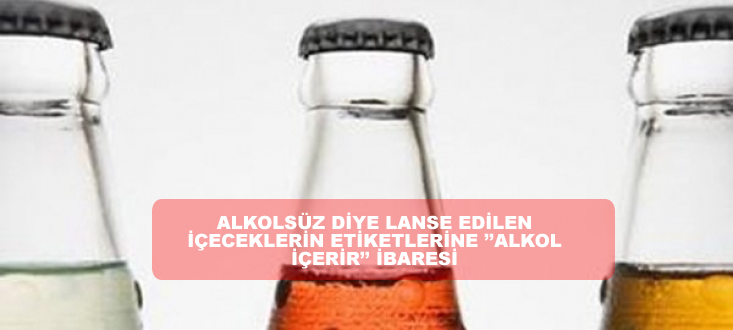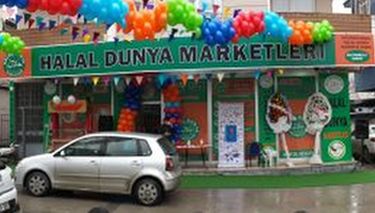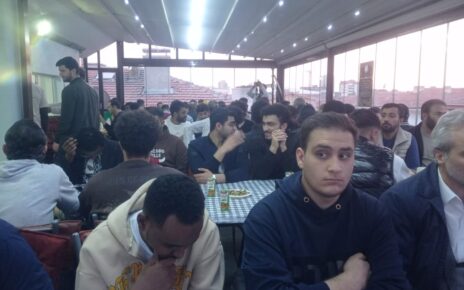Alhamdulillah, the number of Muslims has been increasing, especially in non-Muslim countries. In countries where even opening a small mosque was subject to difficult permissions in the past, hundreds of mosques have been opened, Adhan is started to be recited and Muslims have started to worship comfortably. Even in the capitals of some major countries, it is ensured that the avenues and streets are closed to traffic for Friday and Eid prayers. This inevitable rise is the main reason behind Islamophobia and hostility to Islamic values. With the awakening of Muslims, the need for Halal food and consumable materials have also been increasing. Although all these developments herald a good future for Muslims, there are those who exploit this situation.
The question is: Does the word HALAL or حلال on a product indicate that the product is Halal?
Those who use the Halal logo on their products by copying the Halal logo of a reputable institution, even though they do not have a Halal certificate due to widespread demand for Halal products, have committed the crime of cheating on consumers, and at the same time damage the reputation of the Halal certificate by causing unfair gain and competition. The consumer could be conscious, but the use of the Halal logo in a self-styled way of a reputable international company may mislead even the most conscious consumers.
If a company markets its products with the حلال tag, is the meat in that product obtained from Halal sources? Is the production process of this product also Halal? Were non-Halal additives and E-coded substances used during the production? If yeast was used, what kind of yeast is this, where and how was it produced? If there is cheese in the product, is it rennet or what type of culture was used in the production of this cheese? Moreover, during the transportation of the finished product, are non-Halal or suspicious products being transported in the same vehicles, which causes contamination? These are just some of the questions necessary to determine whether a product is Halal or not.
Such important issues should be dealt with one by one and examined in depth. This burden cannot be carried by individuals and ordinary citizens, but the Halal Certification Bodies. Based on the certificate issued by a reputable institution, the product can be consumed with peace of mind. The duty of the consumer is to ask the right questions to the right sources. Maybe it used to be difficult to do in the past, but now questions can directly and easily be asked directly to the source on various media platforms that are easily accessible to everyone. If a satisfactory answer cannot be reached, abandoning that product is the correct course of action. One of the greatest power of a consumer is to avoid buying/consuming the concerned product. Deciphering the abusive companies with fake logos and complaining to the relevant institutions about the issue will increase the confidence in the Halal certified products and cause the abusers to disappear over time.
The effort from us, the help from Allah.
Halal, Mashbuh (Suspicious) and Haram Additives
Firms Certified by GIMDES





